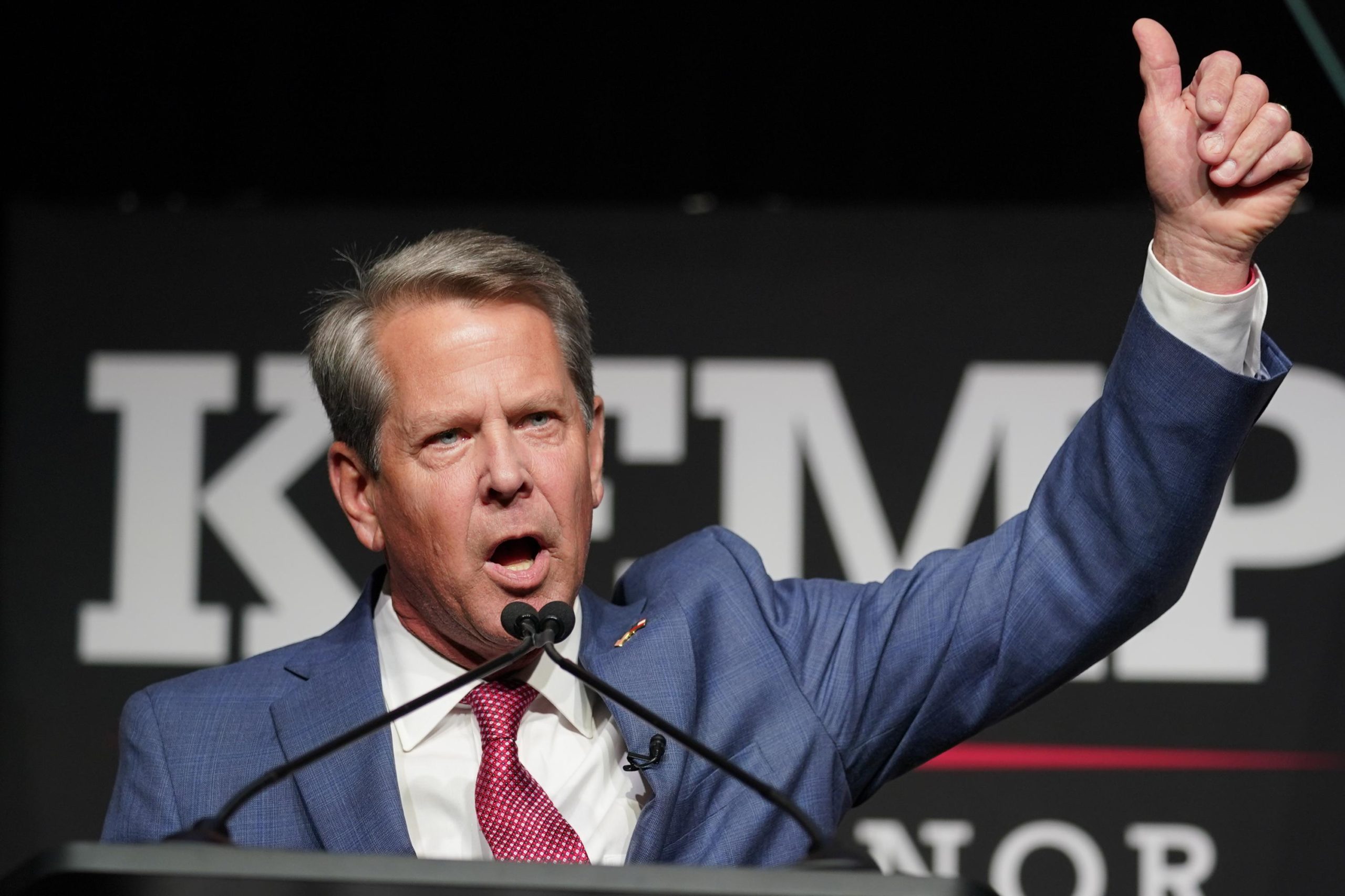By: Nathan Williams
 As we celebrated Independence Day, we remembered the sacrifices made by our founding countrymen in order to achieve freedom. More than 237 years later, historic sacrifices are marking the halls of the U.S. Capitol – the immigration debate.
As we celebrated Independence Day, we remembered the sacrifices made by our founding countrymen in order to achieve freedom. More than 237 years later, historic sacrifices are marking the halls of the U.S. Capitol – the immigration debate.
Both President Barack Obama and former Gov. Mitt Romney (R-Mass.) pledged to restructure our broken immigration system during the 2012 presidential campaign. The bipartisan “Gang of Eight” subsequently emerged in the Senate as the chief architects addressing the lapse in border security, which permitted the entrance of 11 million immigrants currently living unlawfully in the United States.
Earlier this year, the Senate Judiciary Committee released the Border Security, Economic Opportunity, and Immigration Modernization Act (S.744) for debate.
In a condensed summary, the Senate bill transforms border security through additional border patrol agents and the usage of new technologies, reorganizes the visa system to promote legal immigration, and outlines a path to citizenship promoting assimilation and granting provisional status to eligible immigrants who entered the country before December 31, 2011. The legislation requires provisional applicants to pay a fine and prohibits them from receiving federal benefits for a probationary time period of thirteen years.
On June 27, after floor consideration of more than a dozen significant amendments and hours of debate, the U.S. Senate overwhelmingly passed the bipartisan legislation in a 68-32 vote, shortly before Congress adjourned for the Fourth of July recess. The passage reaffirmed functionality within the legislative branch by illustrating the art of compromise.
The bill’s passage is monumental given the hyperpartisan nature of the current Congress, where partisan posturing and polarization supersede rational policymaking. But crisis was circumvented in the Senate, largely due to the efforts of Sen. John Hoeven (R-ND) and Sen. Bob Corker (R-TN) who jointly offered an amendment pacifying apprehensive Republicans while maintaining Democratic palatability.
The Hoeven/Corker amendment padded the bill with an additional 40,000 border patrol agents, authorized the usage of new technologies, and required the construction of 700 miles of fencing along the U.S.-Mexican border. The price tag of the additional border security amounts to north of $36 billion, but it was the price leaders were willing to pay to attract the votes of key GOP senators. The amendment was also adopted to begin building Republican support in the House, which is largely controlled by conservatives who champion border security as the primary concern.
Former Gov. Jeb Bush (R-Fla.), the brother of former President George W. Bush, has been a principal congressional advisor regarding immigration policy. At a recent Bipartisan Policy Center immigration forum alongside former Mississippi Gov. Haley Barbour, Bush suggested “reframing the conversation about how economic growth matters to everybody and everybody benefits from it.”
Now consider the newly released report by the non-partisan Congressional Budget Office, which finds that S.744 could reduce the budget deficit by $158 billion between 2014 and 2023, and an additional $685 billion in the succeeding decade. The report illustrates that the “direct effects of the Act on the U.S. population, employment, and taxable compensation” benefit the economy by granting legal status to millions of new taxpayers, largely from payroll and income taxes. These workers would immediately begin contributing to programs like Social Security and Medicare without receiving government benefits throughout their probationary period.
But the highly complex 1,200 page bill will likely face an uphill battle in the House – which is said to represent the public heartbeat as the chamber most closely associated with the people. The future of our immigration system now largely rests under the reigns of Speaker John Boehner, who plans to begin consideration of individual bills under a piecemeal approach in mid-July when Congress returns from recess.
The Republican conference has painted a bleak picture for Boehner if he brings the comprehensive legislation to the floor. Rep. Dana Rohrabacher (R-Calif.) went as far as saying that “Boehner should be removed as Speaker” should he violate the Hastert Rule, which requires support of the majority before legislation is considered on the floor.
The bridge-builder could be Rep. Paul Ryan (R-Wis.), who has been an unlikely champion of the Senate bill under the banner of promoting economic growth. Ryan recently implied that instead of introducing the Senate-approved bill outright, the House will indeed introduce reforms “on our own time and in a very methodical way because we want to make sure we get it right” but with balance and responsibility.
The Republican conference trusts Paul Ryan. He is the face of conservatism in Congress, but he has shown willingness to work with Democrats on controversial issues, including Rep. Luis Gutierrez (D-Ill.), who leads the “Gang of Seven” in the House.
Congressman Ryan’s blessing could embolden GOP support for bipartisan legislation and could even provide cover for conservatives, similar to what happened during the “fiscal cliff” crisis in January.
Ryan understands the importance of immigration reform after serving as the vice presidential nominee on the ticket that garnered lackluster support from Hispanics, especially in critical swing states like Florida, Ohio, and Colorado. The Republican ticket managed to attract only 27% of Hispanic support in 2012, a dramatic reduction from 2004 when President George W. Bush’s “compassionate conservatism” attracted 44 percent.
Ryan also realizes that his efforts could endanger his political aspirations should he lose balance given today’s polarized GOP, including potential campaigns for the Republican presidential nomination or as Speaker of the House. But he has shown it is a risk he is willing to take in pursuit of a balanced solution.
Regardless of downdrafts in the unstable political atmosphere, the assured victor of immigration reform is the U.S. economy. But there will be also be losers – likely those who obstruct reforms altogether. If House Republicans manufacture a legislative impasse, the GOP will likely risk significant intraparty fragmentation and the permanent defection of an expanding voting-bloc who values faith, family, and opportunity – all pillars of the Republican platform.
In the words of Gov. Jeb Bush, “failure to harness the vitality of immigrants will consign our nation to a bleak future.” Failure to act will likely consign the GOP to a similar fate.

